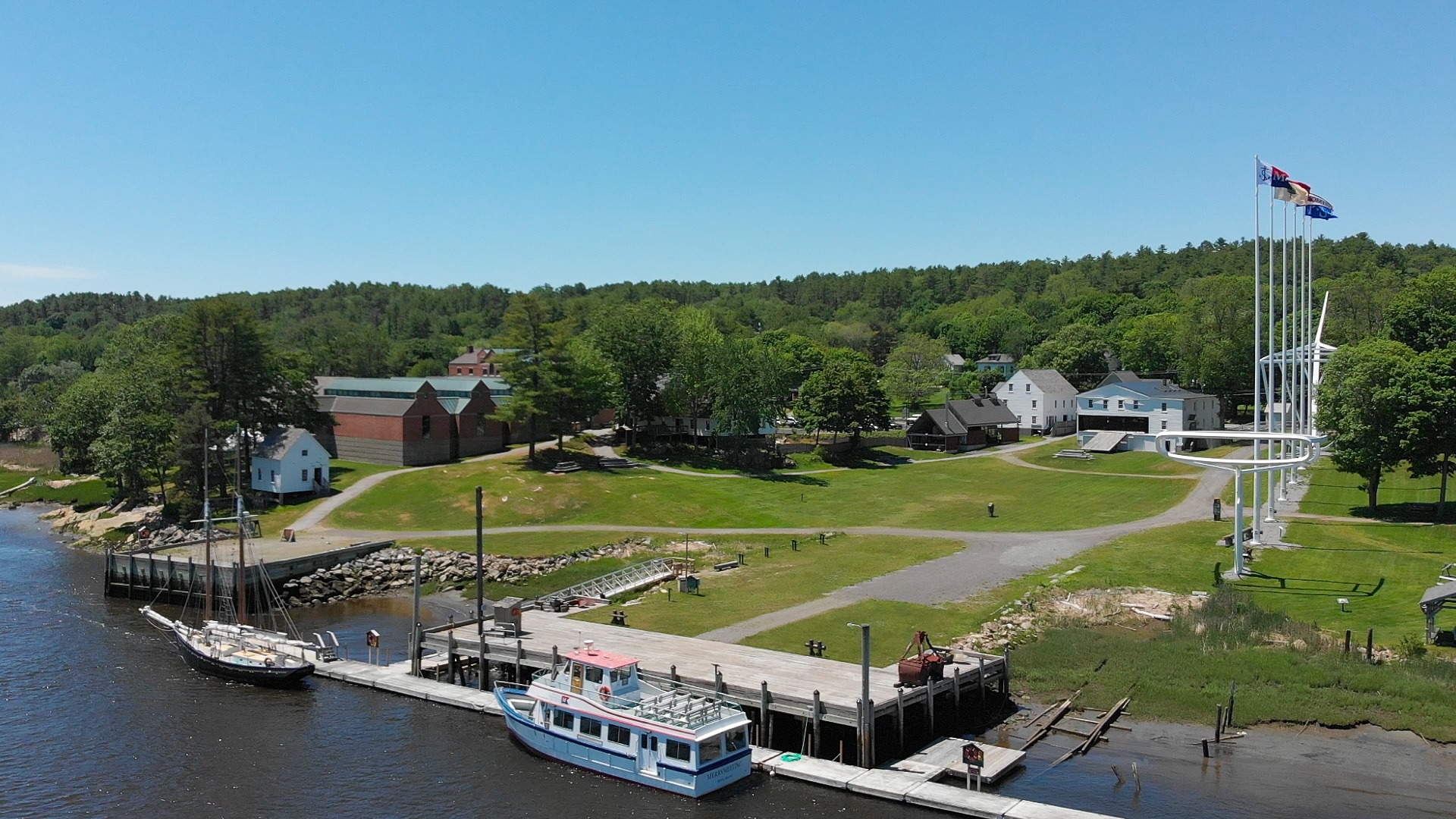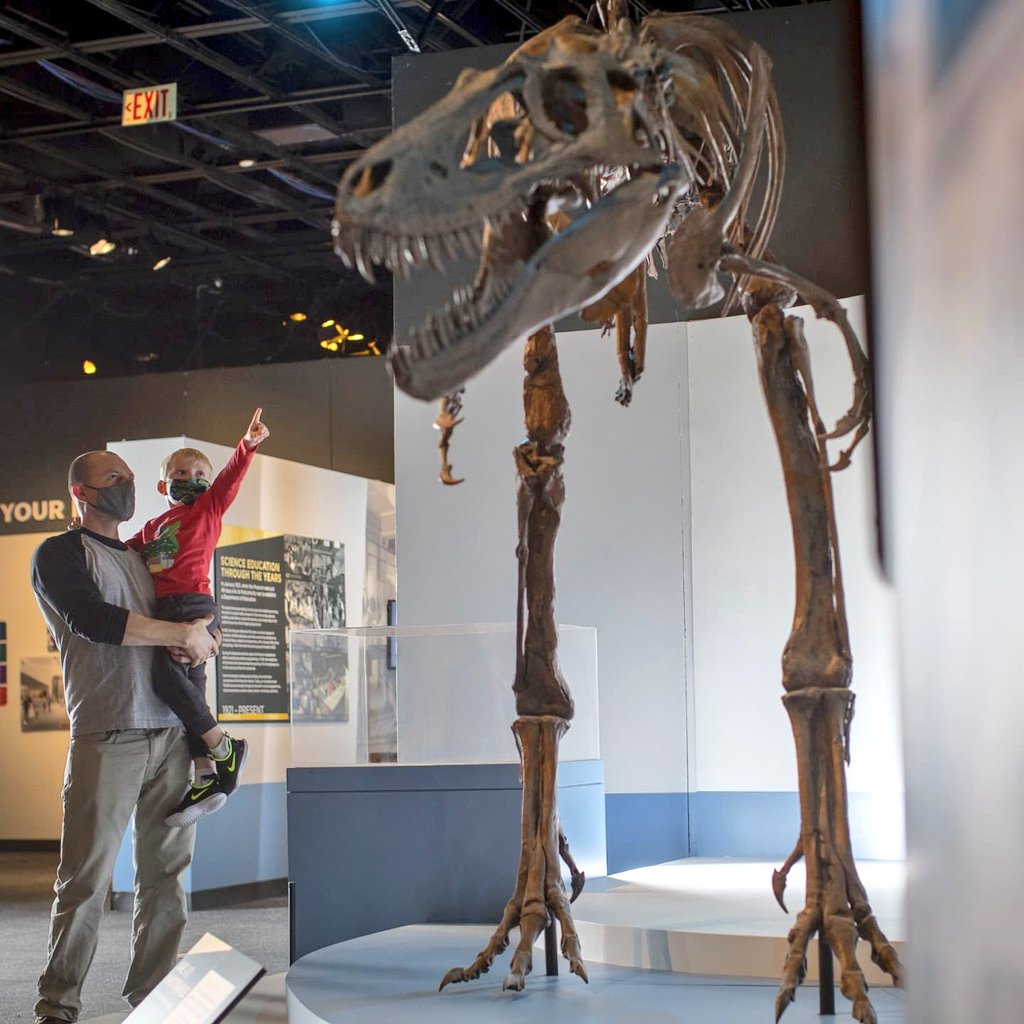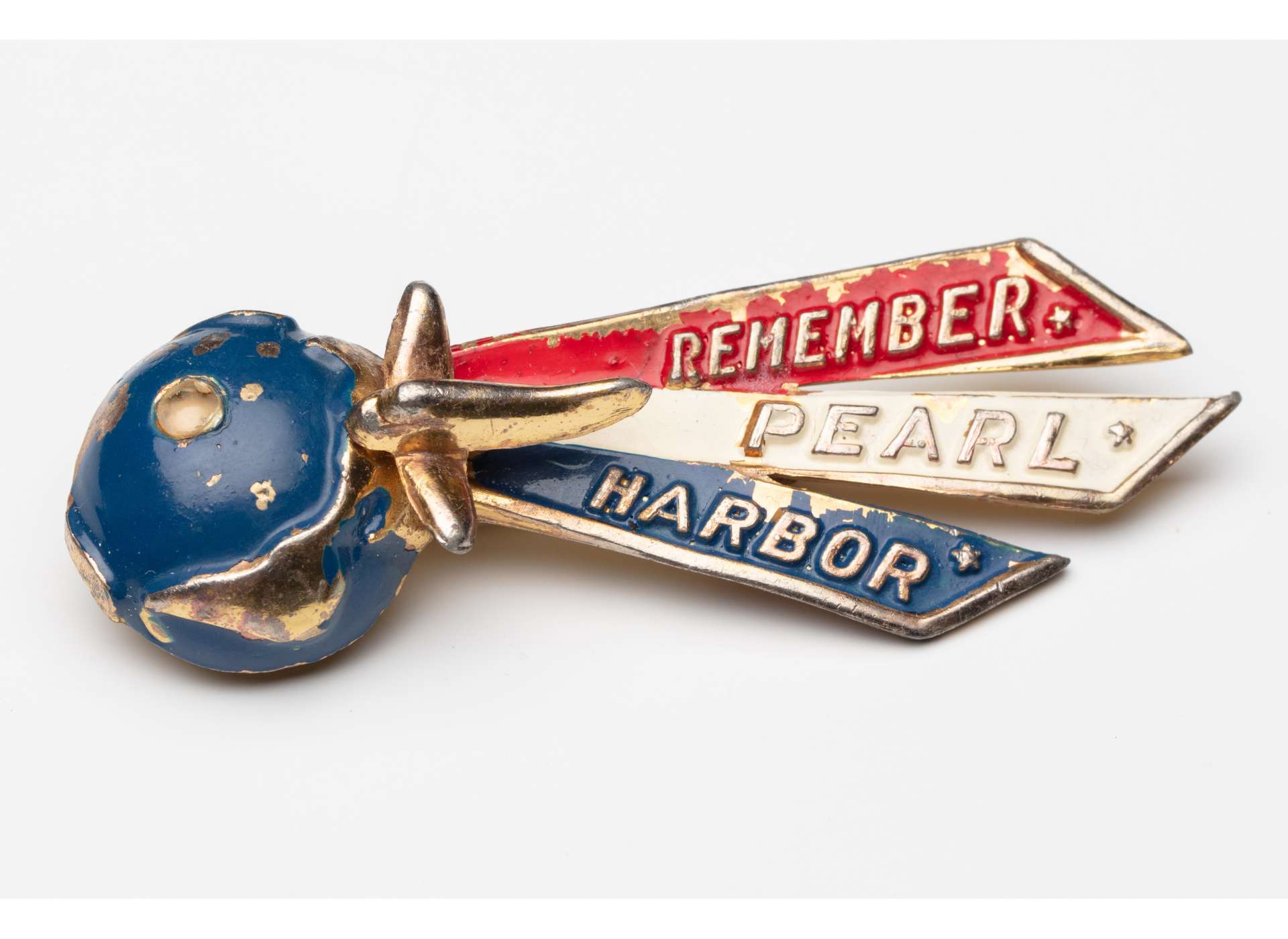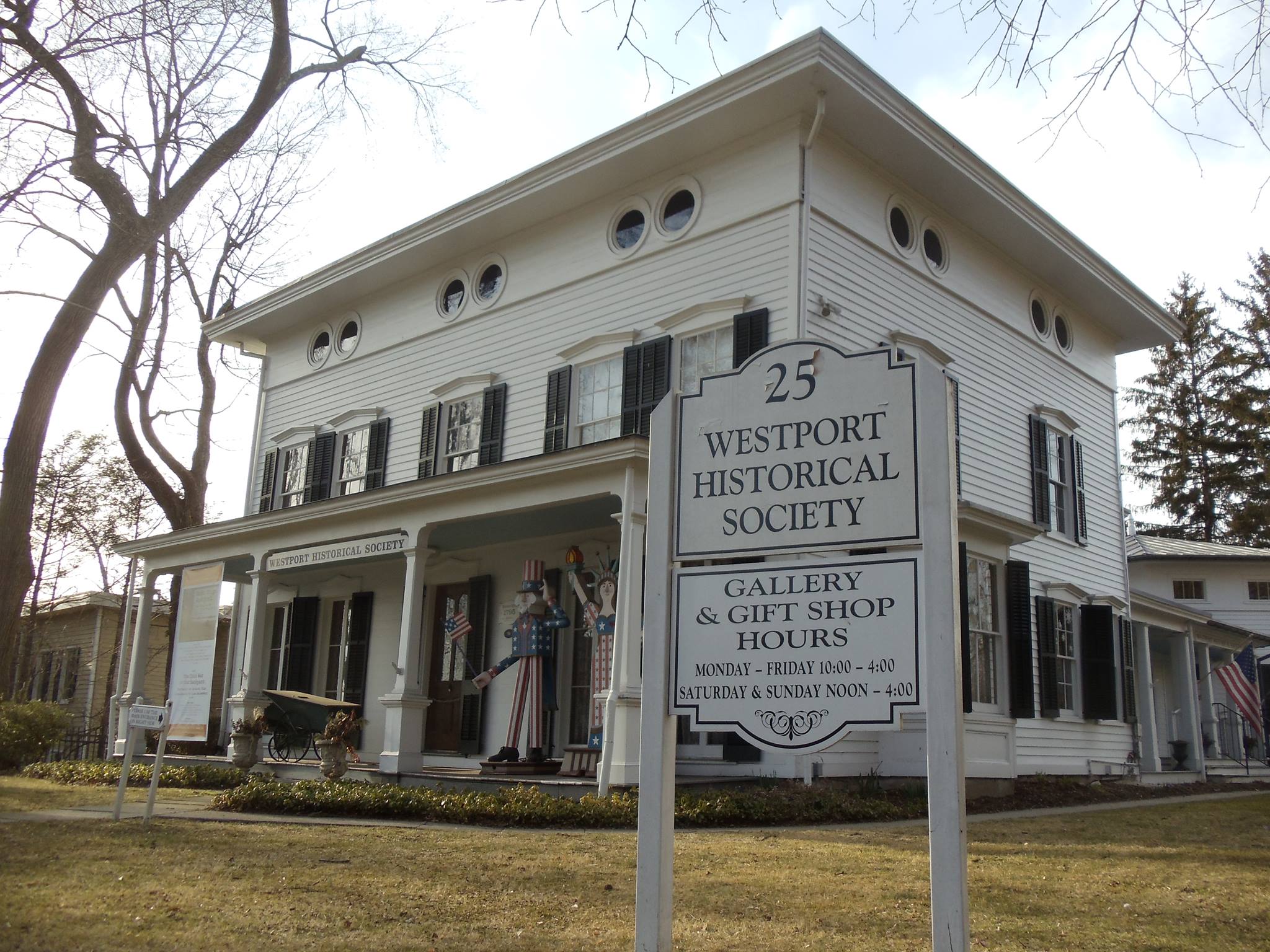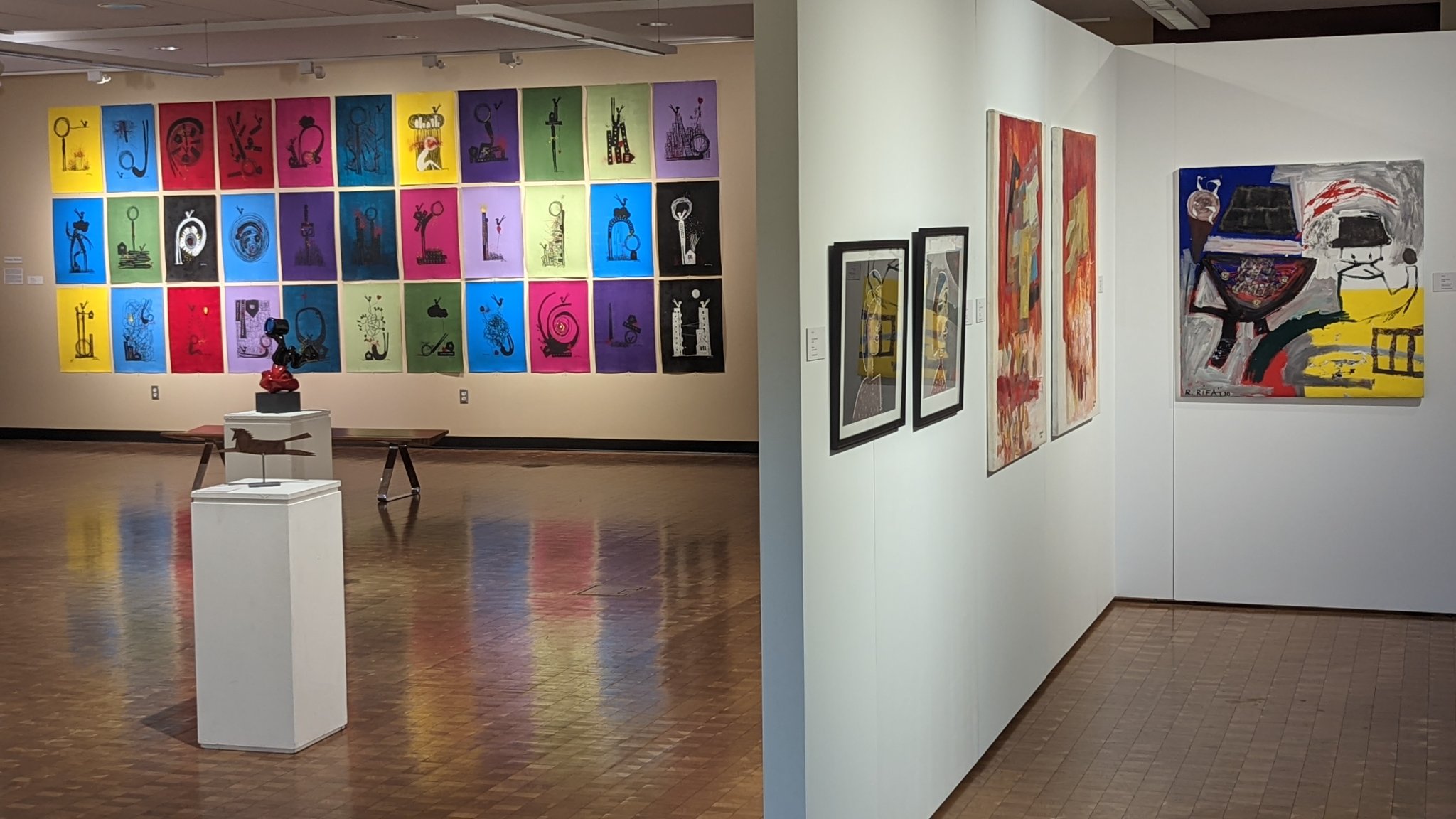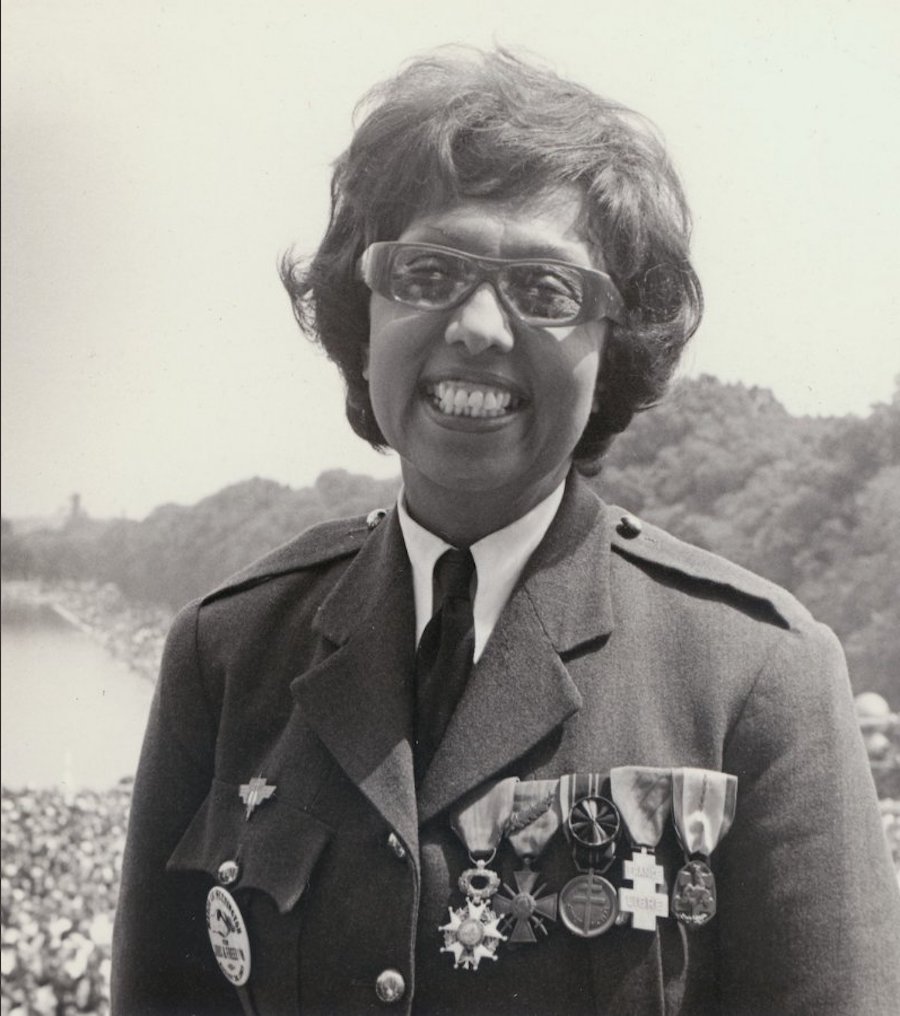Henry Ford Museum

Dr. Debra Reid, Curator of Agriculture and Environment, joins Lisa Germani on Community Connect to talk about the history of Food Soldiers and their impact on the economic welfare of the Black community. They also discuss George Washington Carver and his agricultural connection to Henry Ford.
The Henry Ford Museum describes a Food Soldier as a person who fights for something many of us take for granted: widespread, consistent access to good nutrition. The exhibit celebrates those who have made it their life’s mission to ensure that everyone has the same access to one of the most basic necessities in life. The pop-up is open throughout the months of February and March to honor the Food Soldiers within the Black community, as well as women in history.
There are several focal points within the exhibit, one being how Food Soldiers tied to race activism. Before and during the Civil War, Food Soldiers began to link health to full citizenship and armed themselves with agricultural science to begin a pursuit for equal rights. This pursuit would lead through the Civil War and beyond, as Black educators began to link gardening to economic development and nutrition. The Food Soldiers would appeal to Black farm owners after the war to put their own family and community’s health first, even though most were sharecroppers for another’s gain.
Read the full article here.






